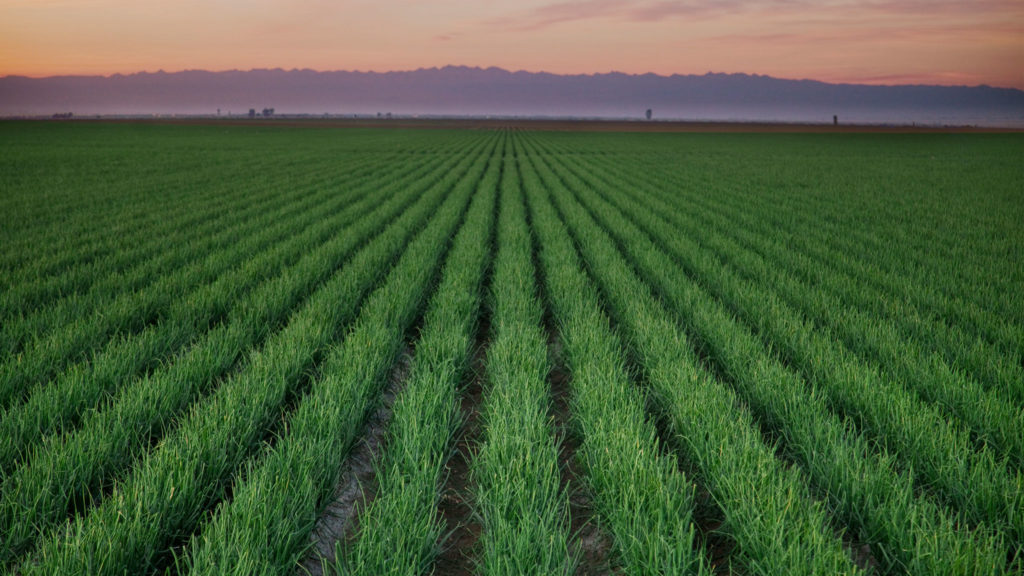
Earth Day Is an Opportunity to Sharpen Your Sustainability Story
With Earth Day fast approaching, it is a good opportunity to take stock of your brand’s sustainability practices and messaging. Several studies as of late have suggested that sustainability as a product claim is losing favor – even with younger generations. In some cases, the economy is blamed – and there is some logic there as people “trade down” due to economic pressures; thus, they may sacrifice on some attributes. Other reports, in our opinion, frame sustainability as a broad claim inclusive of multiple approaches. And in this second example lies the question and opportunity. Is interest in sustainability lagging or evolving? We know it is the latter.
While sustainability messaging is pervasive in most categories, produce is the category that is most linked to the earth. Concern about produce’s journey to our plates is not new. Positive practices as well as negative practices are well documented and debated. Yet only 35% of consumers state that a produce brand’s sustainability practices are either essential or very important. * So, if sustainability is not necessarily essential in produce, what do packaged goods brands need to worry about? Well, to use a produce analogy, it matters if you peel back the layers of the onion.
As consumers get more educated about the many facets of sustainability, they require specifics, not broad claims. Sustainability is increasingly important as you focus on younger consumers – all you must do is overcome their natural skepticism and provide details and substance. In fact, the more you can build a bridge between your sustainability practices and what’s in it for your customer or consumer, the more likely you are to differentiate your brand and grow Brand Love.
Caring for land and air, environmentally friendly packaging, regenerative farming practices, and stewardship of animals and the farm families who raise them and grow crops are specific and tangible sustainability practices that matter. But what matters even more – 53% most value food grown naturally and free of chemicals and preservatives. * What’s “in it for others” is important – but how “it helps me” specifically rises to the top of sustainability messaging.
At Foodmix, we are proud of our clients setting the bar – or raising it by being specific about how they are being good stewards of our natural resources at their farms and processing facilities. ASR Group’s Florida Crystals sets a high mark for sustainability on its farms. Every component of the sugarcane is utilized as a finished product or to re-energize the soil. In fact, sugarcane byproducts have been converted into a line of plant-based disposable plates and servingware that come from the earth and return to the earth in 86 days of composting. Drive through a sugarcane field in south central Florida, and you will notice owl nests. Owls are used to control pesty rodents, so chemicals do not have to do the job. Red Diamond Coffee and Tea has created personal relationships with producers and provides support in sustainable farming practices as well as supporting farm families to ensure that farms can continue building communities for generations. Smithfield has pioneered sustainable practices on hog farms as well as at their processing facilities and is largely seen as an industry leader in best practices.
Gills Onions is one of the largest family-owned onion growers and processors in the world and produces ultra-clean energy from onion remains. For many buyers, working with a brand like Gills that shares their values is what has allowed Gills to grow Brand Love.
A final thought to consider when carving your brand’s sustainability strategy and messages: Not one of the examples cited started its sustainability stories thinking about messaging. The companies simply were led by values – doing the right things, for the right reasons. The results of their actions for their brands is a deeper connection with those with shared values – and of course a whole lot of Brand Love.
*Foodmix Marketing Communications Produce Brand Love Study 2022
Ultimately, consumers, brands and the food industry must work together toward building a greener future. Stay on top of sustainability industry trends, and consider providing better information about the steps being taken to ensure your dedication to both the planet and your consumers.
The path to growing Brand Love is achievable – it just requires planning, diligence and transparency.
Interested in learning more about how we can support your food or food-related brand? Contact Us today.


